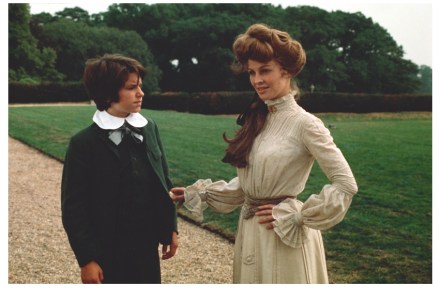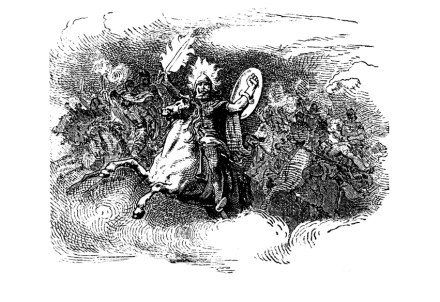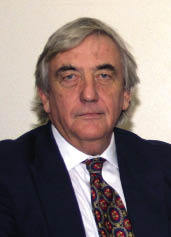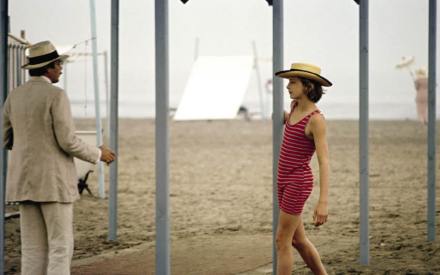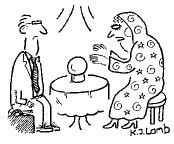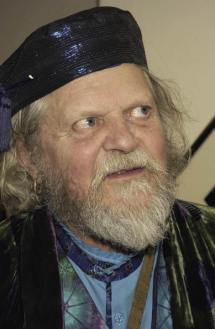Lewis Jones’s books of the year
Even in translation, Michel Houellebecq’s novels are witty, mad (particularly in translation) and sickeningly funny. I’m reading his latest, The Map and the Territory, which won the Prix Goncourt last year. As expected, author and characters are superb in their disgust with and contempt for the world in general, and especially France, art, tourism and



